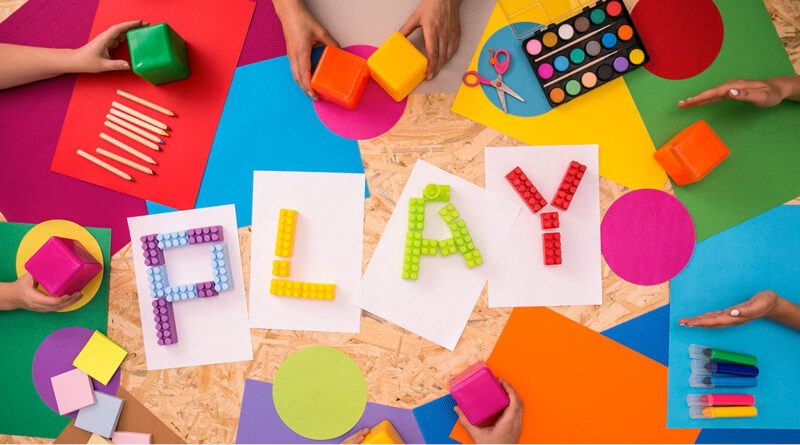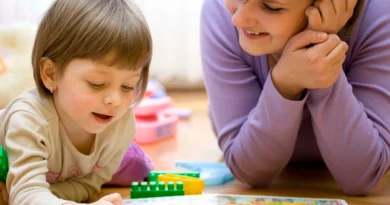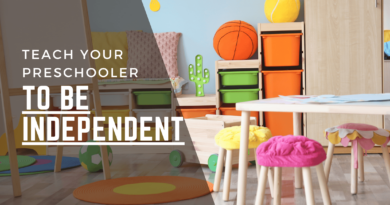The Magic of Play: Unlocking the Potential of Play-Based Learning for Preschoolers
Play is an essential aspect of childhood, offering children countless opportunities to learn, grow, and thrive. Play-based learning, a fundamental element of contemporary early education, taps into the power of play to foster cognitive, social, emotional, and physical development in preschoolers. In this blog post, we will delve into the importance of play-based learning and investigate its transformative influence on preschool education.
Cognitive Development: Play as a Catalyst for Learning
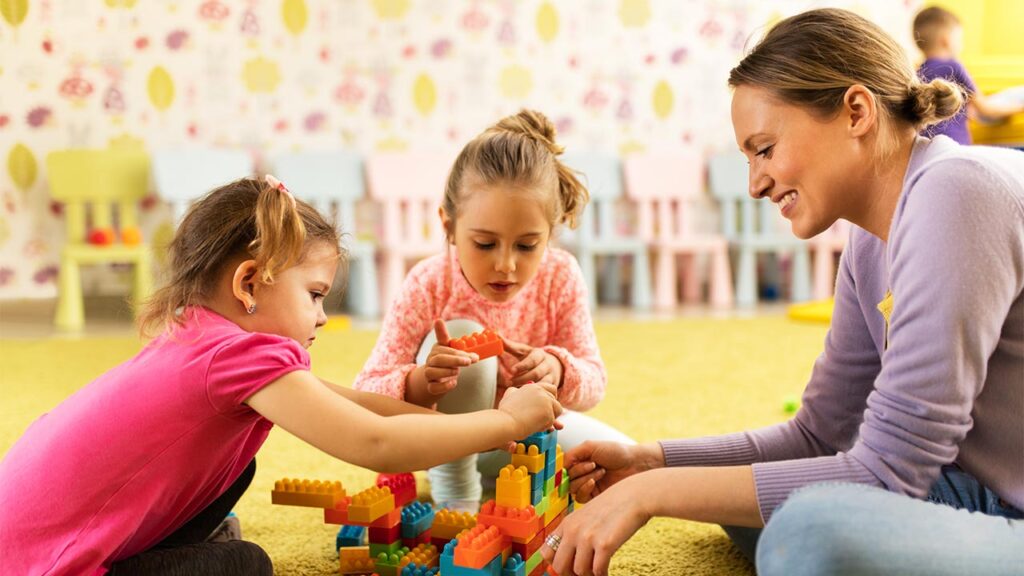
Play-based learning provides an engaging and enjoyable way for preschoolers to develop critical thinking, problem-solving, and creativity. Through play, children are naturally exposed to opportunities for exploration, experimentation, and interaction with their environment, which in turn helps build essential cognitive skills and broaden their understanding of the world.
Social Development: Fostering Connections through Play
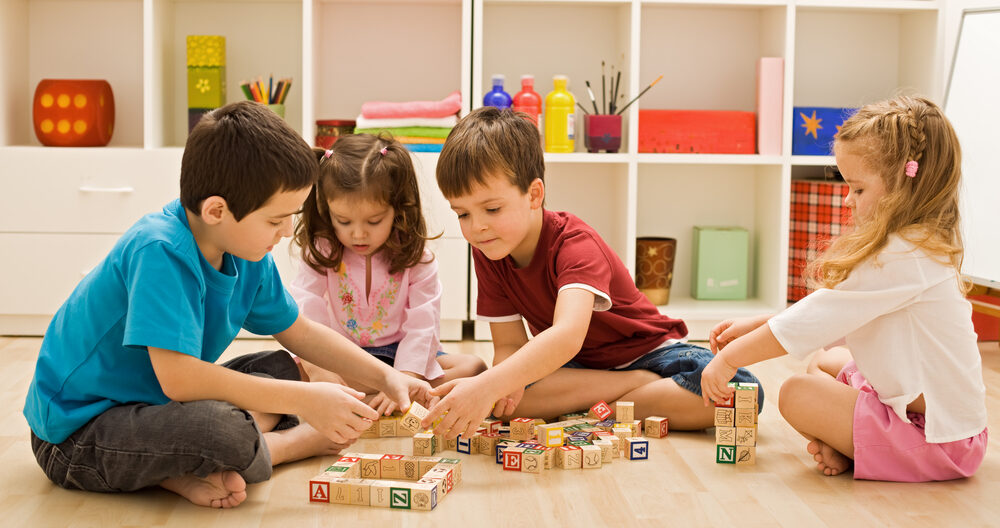
Play is an indispensable platform for young children to cultivate social skills, such as sharing, cooperation, and communication. Play-based learning encourages preschoolers to work together, negotiate, and engage in conversations with their peers and adults, nurturing empathy and understanding of different perspectives.
Emotional Development: Building Resilience through Play

Play-based learning helps preschoolers develop emotional resilience and self-regulation. Through play, children have the opportunity to express and explore their emotions, learn how to cope with challenges, and gain confidence in their abilities. This emotional foundation is vital for their overall well-being and future success.
Discover the importance of emotional development in early childhood
Physical Development: Encouraging Active Learners
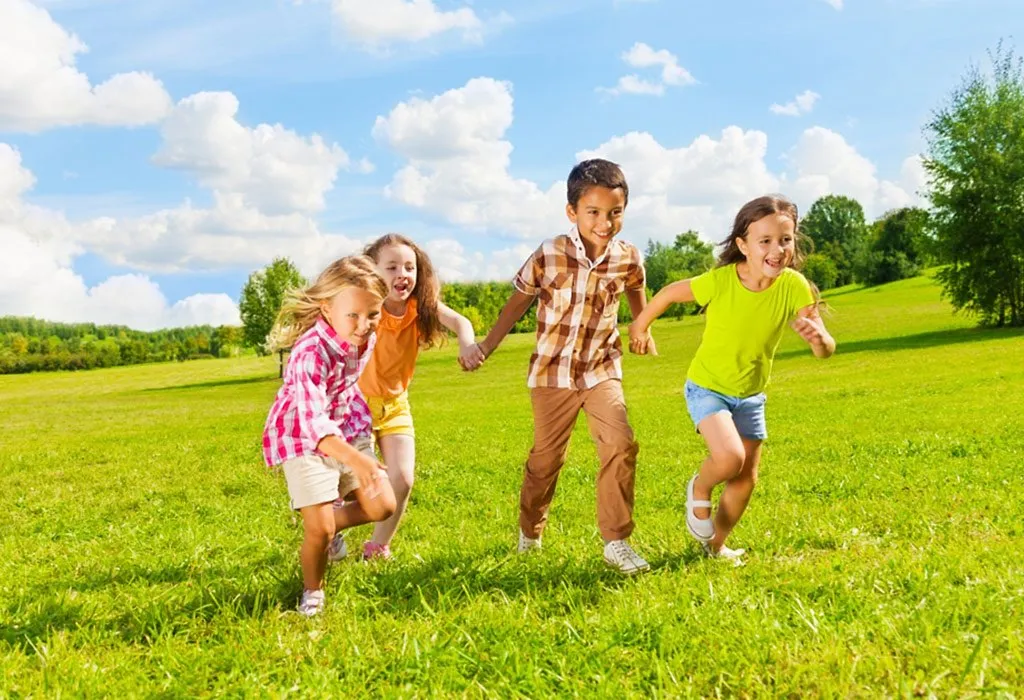
Physical play is essential for preschoolers’ motor skill development, coordination, and overall health. Play-based learning incorporates activities that promote gross and fine motor skills, encouraging children to be active and engaged in their learning process.
Conclusion
By embracing play-based learning, we unlock the immense potential of preschoolers, nurturing their cognitive, social, emotional, and physical development in a fun and engaging way. Integrating play into early education creates a solid foundation for lifelong learning and sets the stage for a successful educational journey.

